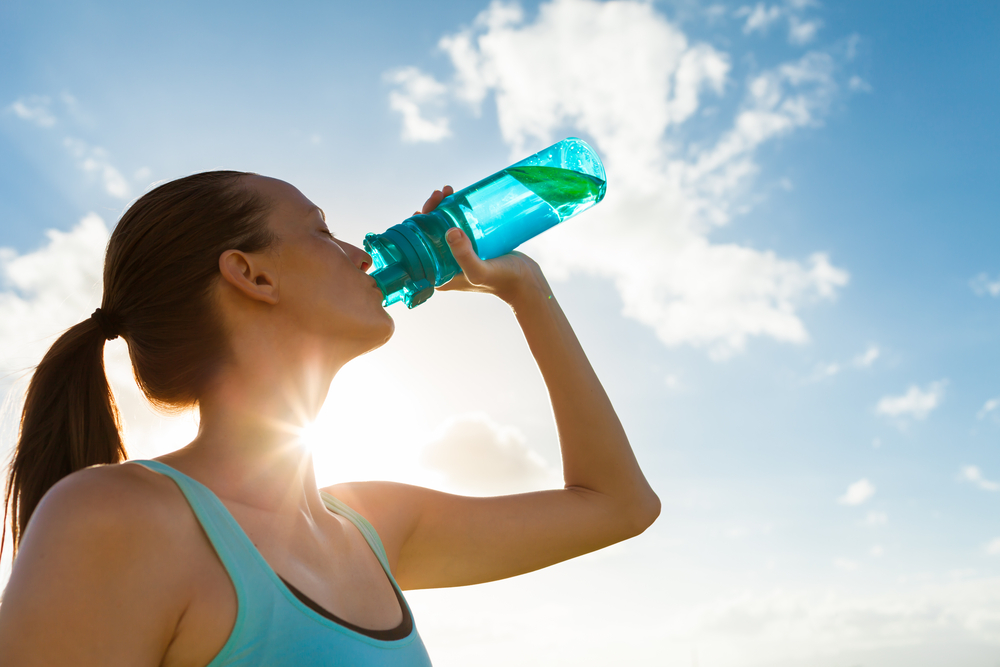As a primary care physician who often treats patients with heat-related illnesses, I know all too well how heat waves create spikes in hospitalizations and deaths related to “severe nonexertional hyperthermia,” or what most people call “heat stroke.”
Heat stroke is when a person’s core body temperature rises too high – often more than 104 F (40 C) – because high environmental temperatures and humidity prevent the body from cooling itself through sweating and breathing. As heat stroke develops, a patient experiences rapid heart rate, ragged breathing, dizziness, nausea, muscle cramps and confusion. Eventually the patient may lose consciousness entirely.
Without medical intervention, heat stroke is often fatal. On average, about 658 Americans die each year from heat stroke, according to the Centers for Disease Control and Prevention.
Victims of heat stroke can be any age, but most often it strikes the elderly – particularly those over the age of 70 – because our bodies’ ability to cool off declines with age. Additionally, many common medications used to control blood pressure, seizures and psychological disorders reduce a person’s ability to regulate temperature. Those risks increase even more when an elderly person doesn’t have awareness of the dangerous heat wave, doesn’t have working air conditioning in their home and doesn’t have anyone to check on them.
In addition to advancing age, other factors that increase the risk for heat stroke are obesity, diabetes and heart disease.
Here are three tips on how to prevent this potentially deadly condition:
- Stay hydrated. In hotter weather, increase your water intake and avoid sugary drinks and alcohol. If your doctor has limited your daily water intake because of heart failure or another diagnosis, stay in communication with them during a heat wave to avoid medical complications.
- Rest. Don’t exercise during the hottest hours of the day – typically between 10 a.m. and 5 p.m. – and expect longer recovery time after exercise when heat and humidity are elevated.
- Find a cool environment. If you don’t have an air conditioned home or car, try:
- wearing light, breathable clothing
- avoiding time in direct sunlight
- spraying yourself with water and sitting in front of a fan
- taking a cool bath or shower
- placing a cold pack on your neck, armpit or head
- contacting your local health department about local heat-relief shelters
Fans help – not by lowering the air temperature but by causing air movement over the skin, resulting in evaporation of sweat, which lowers the body temperature. Even though fans are useful, air conditioning is better in high humidity because it produces drier air that allows your body to cool itself more readily.
In a heat wave, take time to check in with your elderly neighbors, family and friends to make sure they have the means to stay cool. If you encounter someone having the symptoms of heat stroke, call 911 to get them to an emergency room for evaluation and treatment.
Perhaps the Lovin’ Spoonful said it best in their hit song “Summer in the City.”
Hot town, summer in the city
Back of my neck getting dirty and gritty
Been down, isn't it a pity
Doesn't seem to be a shadow in the city
The song’s next line “All around, people looking half-dead” doesn’t have to describe you if you learn to avoid heatstroke. Just stay cool, rest and stay hydrated. Simple, right?
This story is an update of a story originally published on July 18, 2019.
Gabriel Neal, Clinical Associate Professor of Family Medicine, Texas A&M University
![]()
This article is republished from The Conversation under a Creative Commons license. Read the original article.





